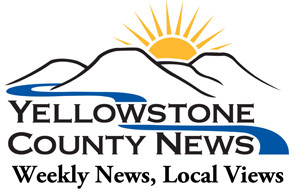Dear Editor:
I entered law school in 1983 when I was 40 years old and a number of years after I had received my medical degree. I chose to attend the University of the Pacific law school in Sacramento, California, because I knew I would have Anthony Kennedy, who was on the 9th Circuit Court of appeals, for one of my law professors. One of the first things I noticed was that the majority of my classmates were political science majors. I also learned that around 90 percent of my law school professors were also political science majors. The political science majors I associated with tended to be progressive thinkers. I found out that a Frank Goodnow, who is considered one of the founders of the modern political major, was a well-known progressive thinker who was also a friend of Woodrow Wilson.
In was not until I took my constitutional law course that I began to realize how institutionally corrupt the legal profession really had become. My professor was Anthony Kennedy, a political science major himself. He really did not want to discuss Thomas Jefferson’s criticisms of the Marbury v. Madison case. This case establishes that the Supreme Court has the power to declare a law passed by Congress and signed by the president null and void. Of course, this power that the Supreme Court assumed is not mentioned by the Constitution. Jefferson had a number of criticisms of this case, which actually unbalances the powers found in our three-part system of government. Because of this, the judicial branch of the government was given a lot more power than either the legislative or executive branch. Our founders did not intend that should be the case.
Interestingly, Jefferson also predicted that as a result of this case that judges would become little despots or dictators. When a judge instructs a jury that they must follow the law in a criminal case, I believe that Jefferson’s prediction has truly come to fruition. Before Marbury v. Madison, the jury was seen as the institution that can determine whether a law should be enforced in an individual criminal case. The jury still has that power even today. There was a case agreeing that the jury has this power (Dougherty in 1972) but the case also explains that judges did not have to tell jurors about this power. The case did not say a judge could lie to a jury, which a judge does do when he tells the jury that it must follow the law in a criminal case.
Dr. W. David Herbert ESQ
Billings

